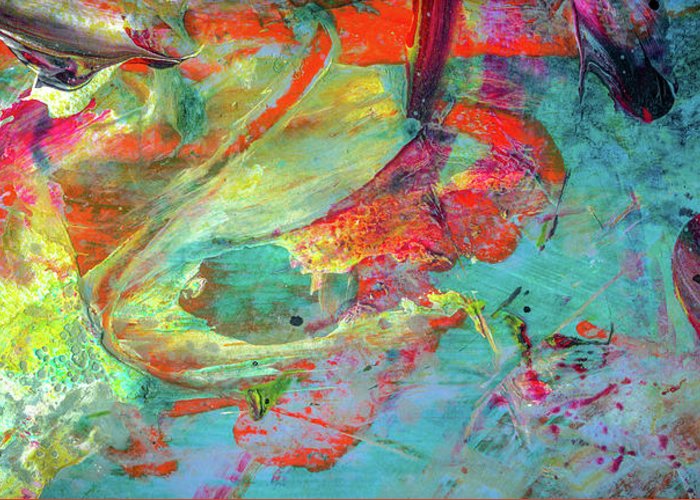Little children, let us not love in word or talk but in deed and in truth.-1 John 3:18
She is new. None of us have seen her before.
A woman with a modest hijab walks into our English class for the very first time. In many ways she is out of place. She is the only woman in our class and those of us teaching can tell that she is not from the ethnic group we typically work with. But that doesn’t deter anyone. We are glad to have her and welcome her to sit down.
Her name is Hawa and she has never been outside of the bush in Africa. She is a mother of six now living in one of the biggest urban complexes in the western world. She has also never been to school a single day of her life. Hawa does not know any English nor is she able to write. My wife Leah can tell that Hawa is uneasy on this first evening. So she goes to sit by her and help her as best she can.
But how do you love someone when you can’t speak any common language? I still don’t think I know the full answer to this but my wife has managed to pull if off. With an astounding grace and the love of Christ compelling her, Leah has made Hawa feel loved. Perhaps it is the way that she always smiles at Hawa. Or the way that she patiently teaches her how to hold a pencil and draw her letters… A… B… C. Or maybe it is the way that she hugs Hawa every week when she comes to English. Hawa knows that she has a friend in Leah.
After a month or so of Hawa showing up to English, her husband Cisse begins to call our cell phones (thank goodness he speaks English!). He wants to meet us. His heart is glad that Leah has taken care of Hawa. So we arrange for our first meeting with Cisse.
During the meeting Hawa speaks to Cisse in her heart language and he translates to us. “Hawa keeps saying that she is so happy that Leah is here. She is very very happy,” Cisse says. Cisse goes on to tell us that Hawa is very afraid to be in this big city. She stays at home all day because the streets are scary for her. She will never answer the doorbell because she is afraid it might be someone who will hurt her. Cisse even tells us that Hawa was ashamed to come to English because she was the only woman.
Leah’s love has not erased all these feelings that Hawa has. But now Hawa has a friend.
Leah speaks a language to Hawa that goes deeper than verbal communication. Indeed, love is the language that hath no culture. A genuine sacrificial love evades all language barriers and all cultural differences. It goes to a place in the human heart that is deeper than any other possible connections between two people. Love is the one language that penetrates even the most fortified human heart.
After hours of drinking tea with Cisse and Hawa we prepare to leave. As we do so, Hawa looks at my wife, puts her hands over her heart and in a feeble English says, “Leah.”
Hawa has found a friend. Not just a friend, but a friend that she loves.





2 Comments
Leave your reply.